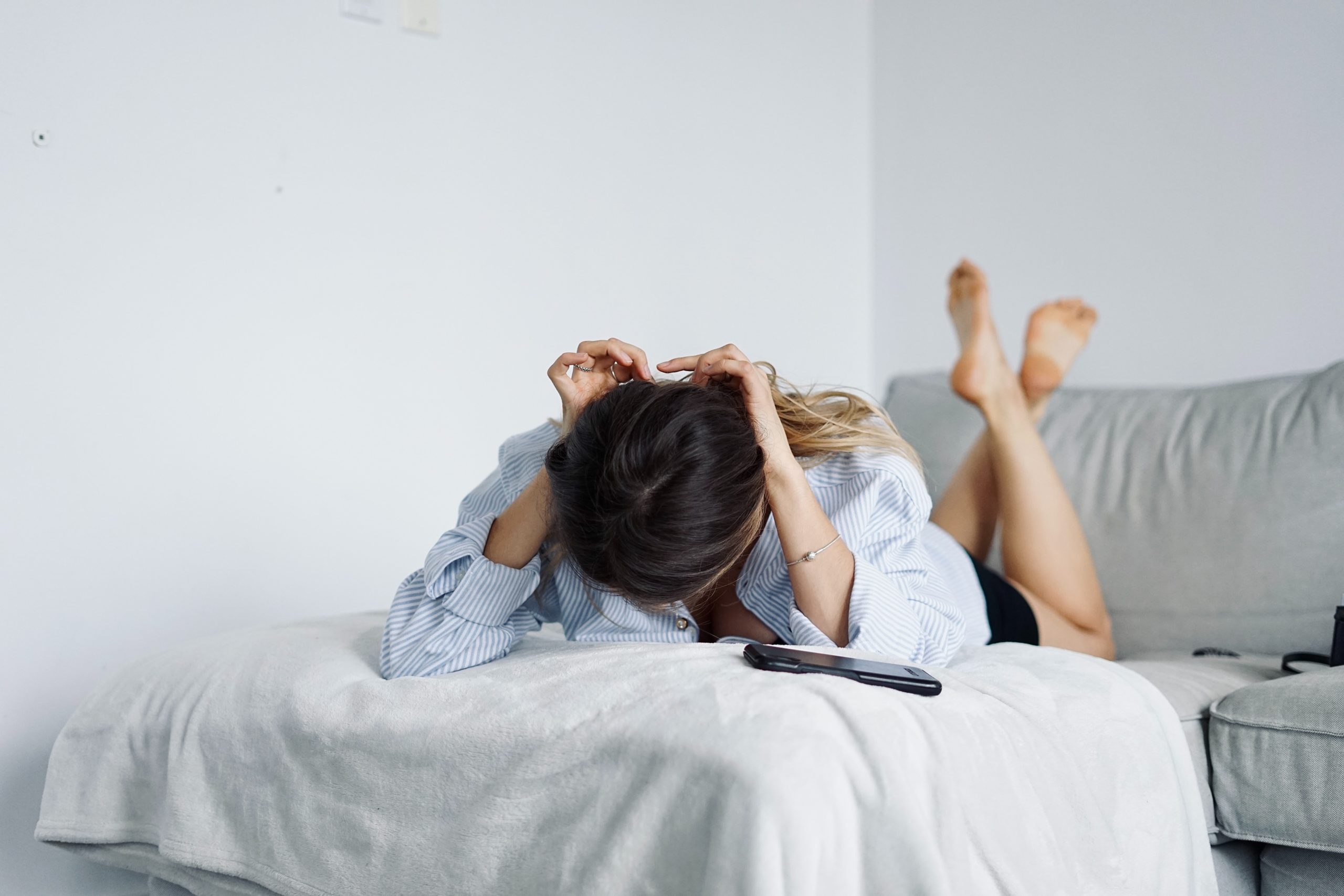The COVID-19 pandemic has brought with it an altered way of life, which is expected to continue to some extent until we develop a vaccine, effective treatment, or herd immunity. Some of the public health measures put in place, such as quarantine and isolation, can have an inadvertent impact on our mental health that, over time, could worsen and lead to issues like depression and anxiety.
With in-person health care limited during the pandemic, a team of experts including CHÉOS Scientists Drs. Joseph Puyat and Amy Salmon, are examining potential at-home activities and resources that people experiencing or at risk of experiencing mental illness can use to improve and maintain wellness in times of mass quarantine and isolation.

“Social isolation and fear of infection during the COVID-19 pandemic can cause distress on anyone or worsen symptoms in persons living with mental illness,” explains Dr. Puyat. “These can happen at a time when access to professional mental health services are severely limited. It is therefore important that we identify from the existing research base other ways and means of maintaining mental wellness.”
The research team will begin their study with a rapid review. This will help determine what home-based activities are effective against mental health illness during times of isolation, whether there are activities or strategies that are effective for specific groups, such as persons diagnosed with mental illness, and whether there are activities that work well for particular socio-demographic or vulnerable groups.
They will then design and implement an online survey to determine what resources or activities are preferred by, acceptable to, and feasible for various groups of individuals who seek to manage or maintain their mental wellbeing.
Dr. Puyat explains, “Knowing what will most likely be used will facilitate allocation of resources. It will also highlight activities that need to be considered carefully when implementing future public health measures.”
The study results will be shared with CIHR, federal and provincial public health offices, and the Canadian Mental Health Association. To ensure they are easily accessible by the general public, the research team will also create a website that will serve as a hub of results and resources for anyone who is interested.
The results of this research are not just relevant now. The information gathered could be used long after the current pandemic is over, providing a multitude of opportunities for people to maintain their mental health and wellbeing in the long term.
—
The research is supported by a CIHR Knowledge Synthesis Operating Grant. Drs. Puyat and Salmon are joined by study co-leads Drs. Arminee Kazanjian (Professor, UBC School of Population and Public Health) and Maureen Ashe (Associate Professor, UBC Dept. of Family Practice). Providing perspectives and expertise on mental health service delivery are co-applicants Drs. Daniel Vigo (Psychiatry, UBC) and Fidel Vila-Rodriguez (Psychiatry, UBC), and collaborators Drs. Priyanka Halli (Psychiatry, UBC) and Haroon Ahmad (Psychiatry Resident, UBC). Dr. Christopher de Bono (Vice President, Providence Health Care) will contribute expertise in spiritual and pastoral care, while collaborators Alex Coles and Camilla Schroeder will share content expertise in mixed martial arts and music therapy, respectively. Alberto Almeida (Mental Health Program, Providence Health Care) will advise on the research objectives and engagement with patient communities or stakeholders.



